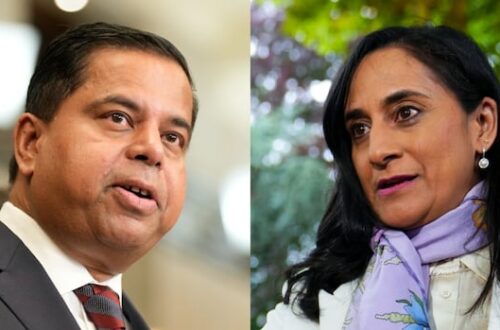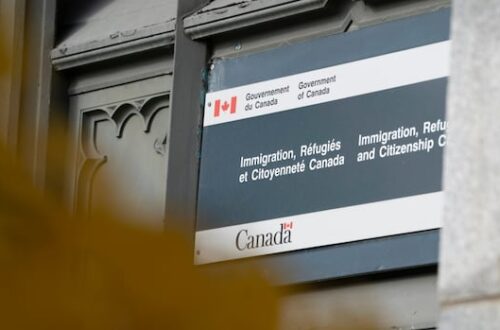Four leading news organizations said Thursday their journalists in Gaza are facing the threat of starvation as the Israel-Hamas war grinds on, while top U.S. envoy Steve Witkoff was to meet with key negotiators from the Middle East for talks on the latest ceasefire proposal and the release of hostages.
“We are desperately concerned for our journalists in Gaza, who are increasingly unable to feed themselves and their families,” said a joint statement by The Associated Press, Agence France-Presse, Reuters and the BBC.
“For many months, these independent journalists have been the world’s eyes and ears on the ground in Gaza. They are now facing the same dire circumstances as those they are covering.”
The statement called on Israel to allow journalists in and out of Gaza and allow adequate food supplies into the territory. Israel has barred international media from entering Gaza independently throughout the 21-month war.
It came a day after more than 100 charity and human rights groups said that Israel’s blockade and ongoing military offensive are pushing Palestinians in the Gaza Strip toward starvation.
WHO director general Tedros Adhanom Ghebreyesus, speaking Wednesday, described the situation on the ground in Gaza as ‘mass starvation’ and called for the urgent delivery of more aid.
Also Thursday, Hamas confirmed it had sent its latest ceasefire proposal to Israel, with an Israeli official calling it “workable,” although no details were provided. The official spoke on condition of anonymity because they were not authorized to speak on record.
Ceasefire deal on the table
Top U.S. Envoy Steve Witkoff is expected to head to Italy on Thursday to meet top Israeli negotiator Ron Dermer and discuss the ceasefire deal on the table, according to Israeli and U.S. officials.
For Israel, sending Dermer — a close Netanyahu confidant — to the meeting marks a show of seriousness in reaching a deal.
The deal under discussion is expected to include a 60-day ceasefire in which Hamas would release 10 living hostages and the remains of 18 others in phases in exchange for Palestinians imprisoned by Israel. Aid supplies would be ramped up and the two sides would hold negotiations on a lasting truce.
Jack Latour, a Canadian nurse working with Doctors Without Borders in Gaza, says parents are resorting to desperate measures to feed their children as conditions on the ground deteriorate. ‘We are seeing now families with multiple children that have severe acute malnutrition, instead of just maybe the youngest one,’ Latour says.
The war between Israel and Hamas has been raging for nearly two years since Hamas killed some 1,200 people and took 251 hostages from southern Israel in the deadliest single attack in Israel’s history.
Israel has since killed nearly 60,000 Palestinians in Gaza, decimated Hamas as a military force, reduced most of the territory to ruins and forced nearly the entire population to flee their homes multiple times.
Israeli forces on Thursday hit the central Gaza towns of Nuseirat, Deir Al-Balah and Bureij.
Health officials at Al-Awda Hospital said three people were killed in an airstrike on a house in Nuseirat, three more died from tank shelling in Deir Al-Balah, and separate airstrikes in Bureij killed a man and a woman and wounded several others.
Nasser hospital said three people were killed by Israeli gunfire while seeking aid in southern Gaza near the so-called Morag axis between Khan Younis and Rafah. The Israeli military said Palestinian militants had fired a projectile overnight from Khan Younis toward an aid distribution site near Morag. It was not immediately clear whether the incidents were linked.






